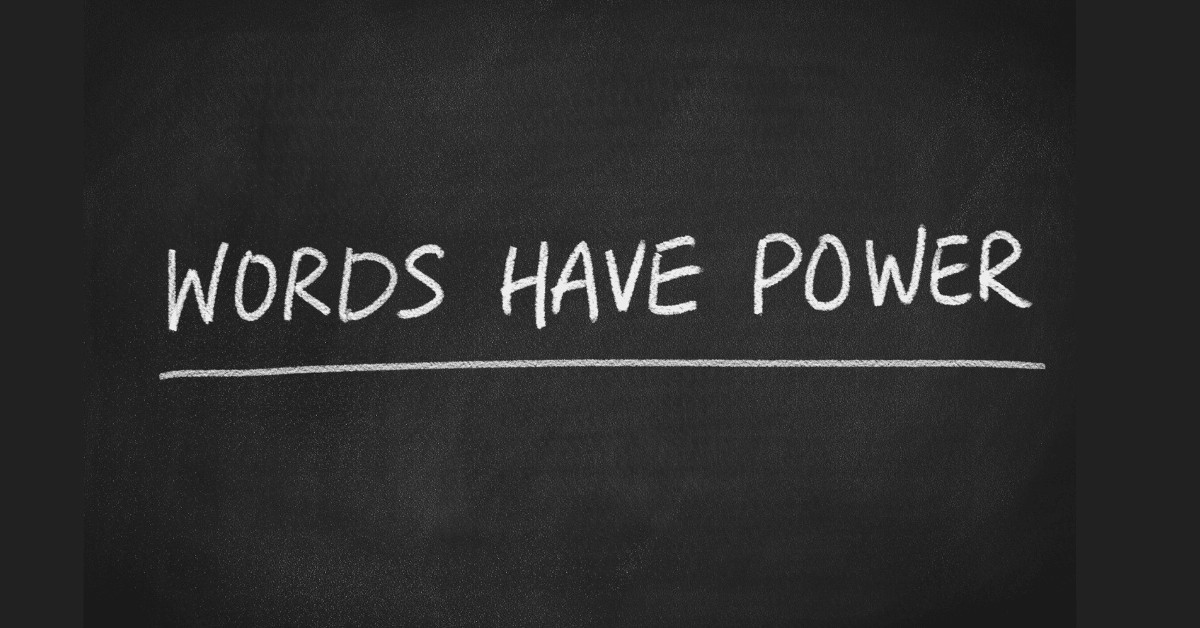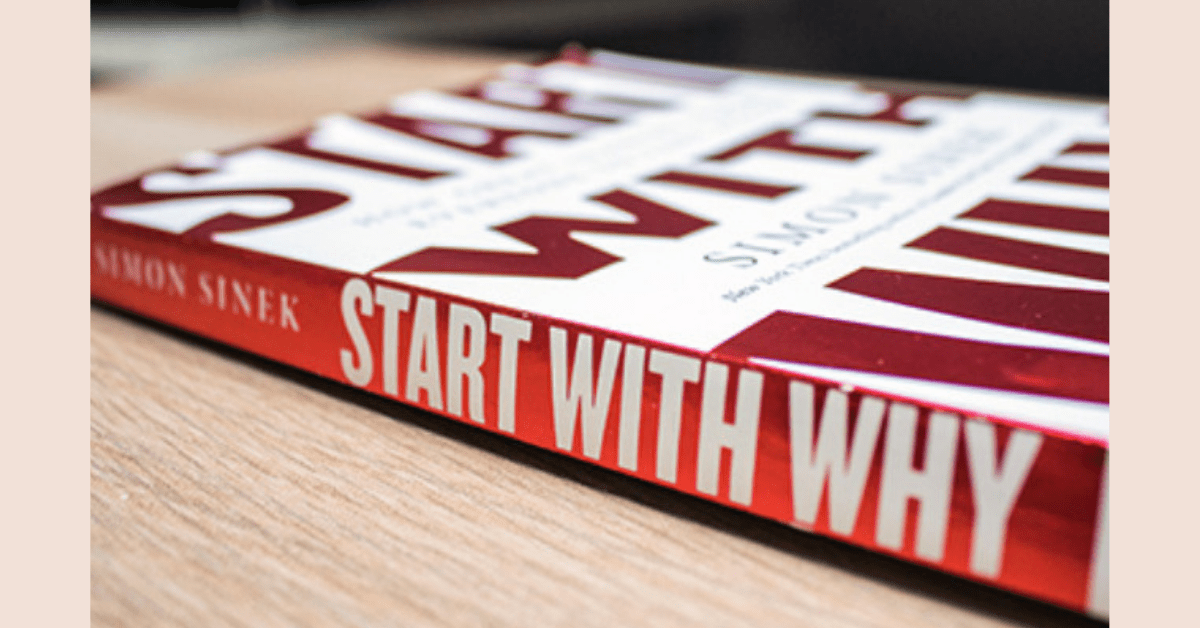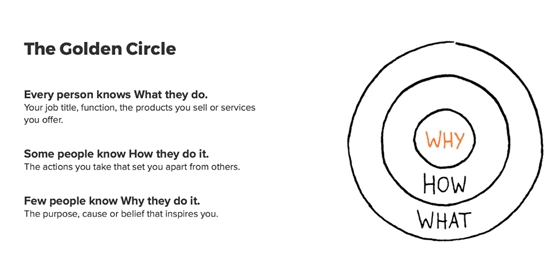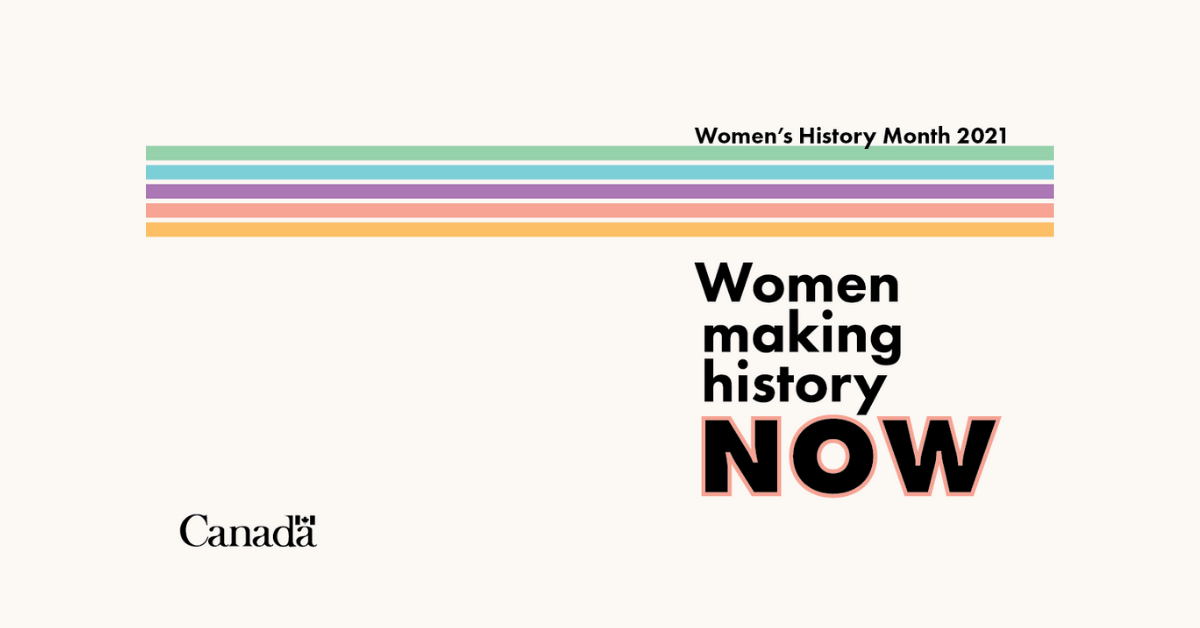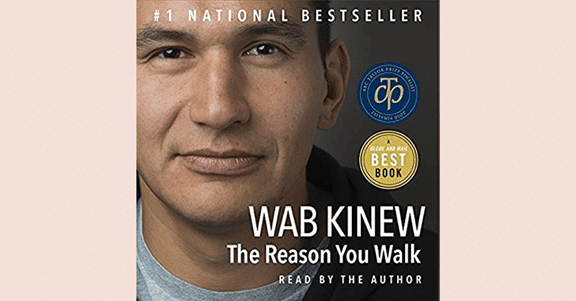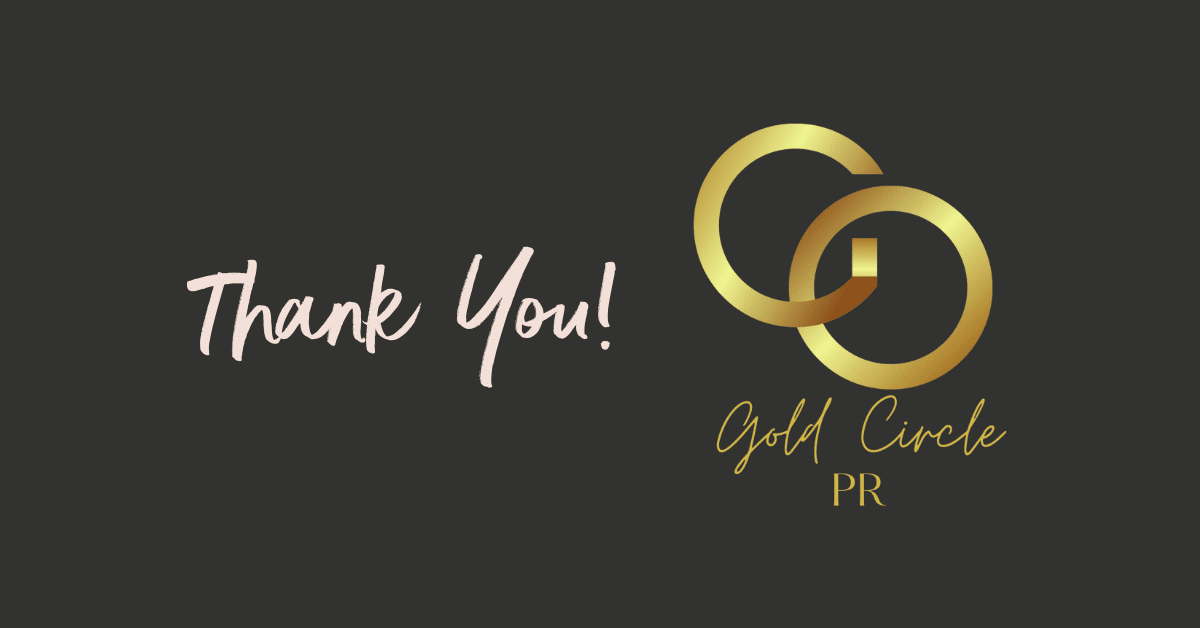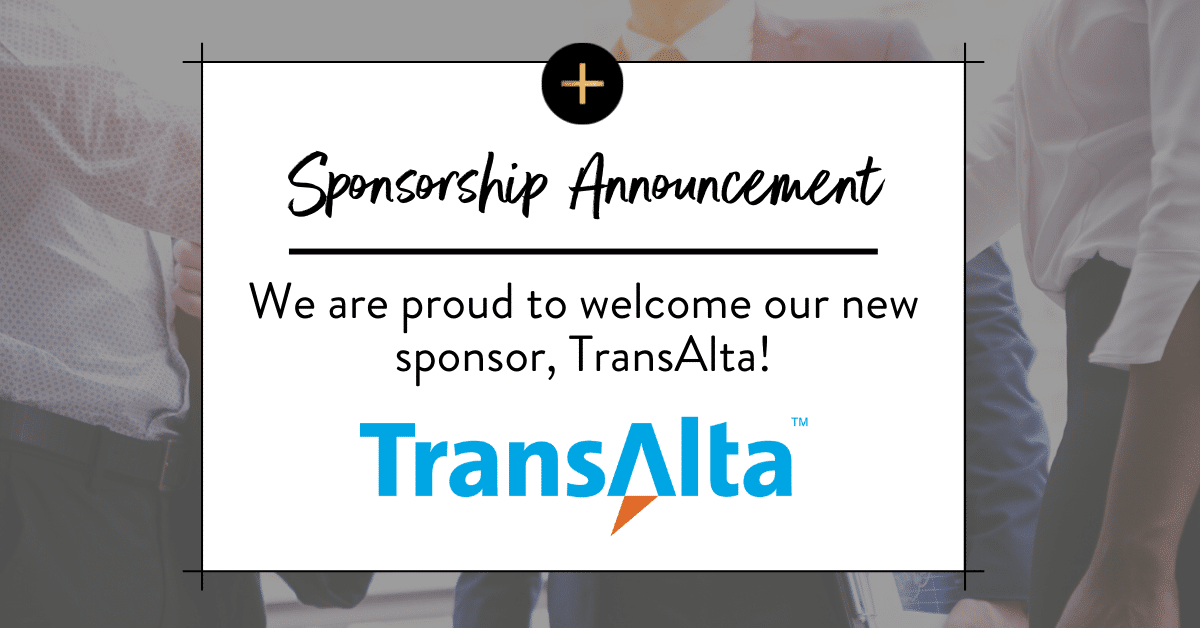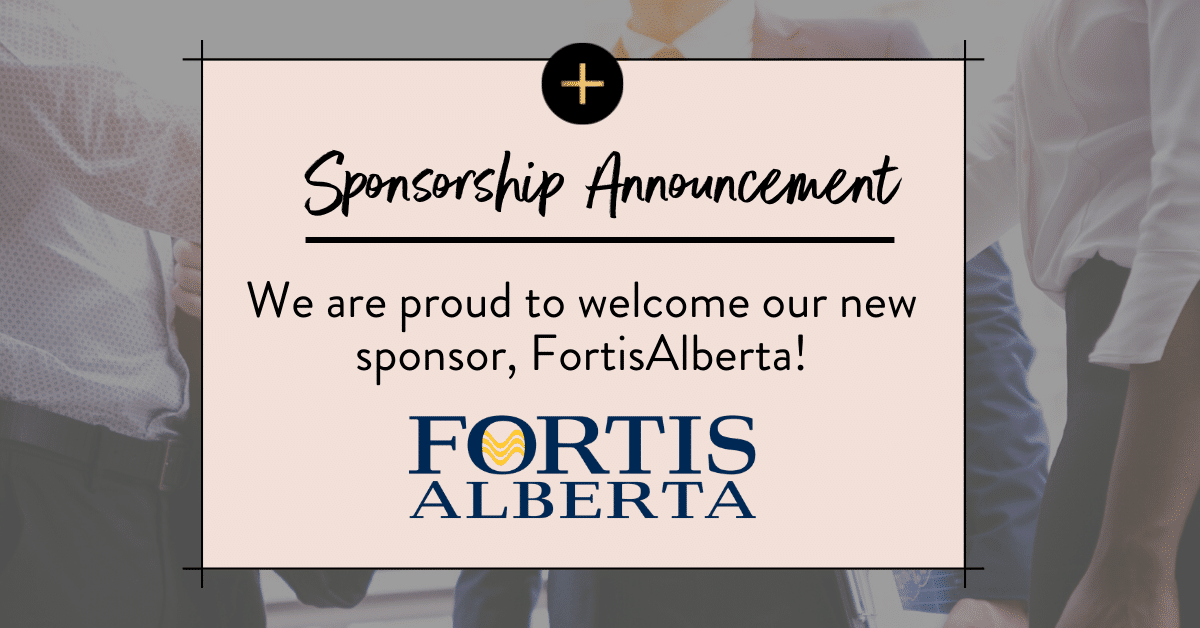Post Author: Stefania Cerisano, Board Member – Events & Programs Committee, Women+Power
The words we choose in both casual and formal communications can have a significant impact on the perpetuation of gender stereotypes and inequality. Impacts are not just reserved for blatantly derogatory phrasing, but also extend to more subtle language choices and pairings.
Imagine receiving a group email from a male co-worker which begins, “Good morning, Kevin, David, Larry and ladies”. Even if you are not bothered by the term “ladies”, seeing this term used in a greeting that acknowledges male peers by name and female peers only generally can leave a bad taste and negatively impact a culture of inclusiveness far more than you may think. While some may choose to downplay wording implications as an over-reaction or unintentional ‘slip’, according to recent studies conducted by Stanford University, these kinds of ‘slips’ are often highly correlated to views held by the writer or speaker and if left unaddressed, bias wording will continue to encourage a culture ripe with obstacles for inclusion. According to leading research and advisory company, Gartner, “Any behaviour, habit or routine, will continue to persist as long as there is something in the environment that rewards and reinforces that continued action”. Reinforcement can take the form of inaction and result in missed opportunities to evolve mindsets.
This is not to suggest that every person who makes a statement with a bias undertone should be explicitly called out, but rather that there is a range of reactions that could serve to change the narrative, including leading by example. A reply such as, “Good morning, Team” or “Good morning, Lisa, Karen, Kevin, David and Larry” may just be enough. Regardless of how one chooses to reply, the point is simply that by ignoring less than ideal wording, we forgo an opportunity to reduce counterproductive behaviour.
It is interesting to note that some wording biases may be inherently linked to the specific language spoken. A study by Carnegie Mellon, which investigated the male-career bias in 25 languages, found that “languages that heavily associate men with careers and women with family also have speakers who live out those biases”. English was found to be the 6th most biased language of the 25 reviewed in the study. The research results showed a positive correlation between biased language and high male-career gender bias and further demonstrated that the more biased the language, the lower the percentages of women in STEM fields and STEM higher education. According to the study’s lead author, Molly Lewis, those who speak a language filled with bias are more likely to hold gender stereotypes.
This is certainly something to consider the next time you find yourself wondering if it’s worth the effort to promote more inclusive language in the workplace. Collectively, we have the potential to shift mindsets towards a more inclusive environment by simply choosing our words more carefully and calling on others in our workplace to do the same.
